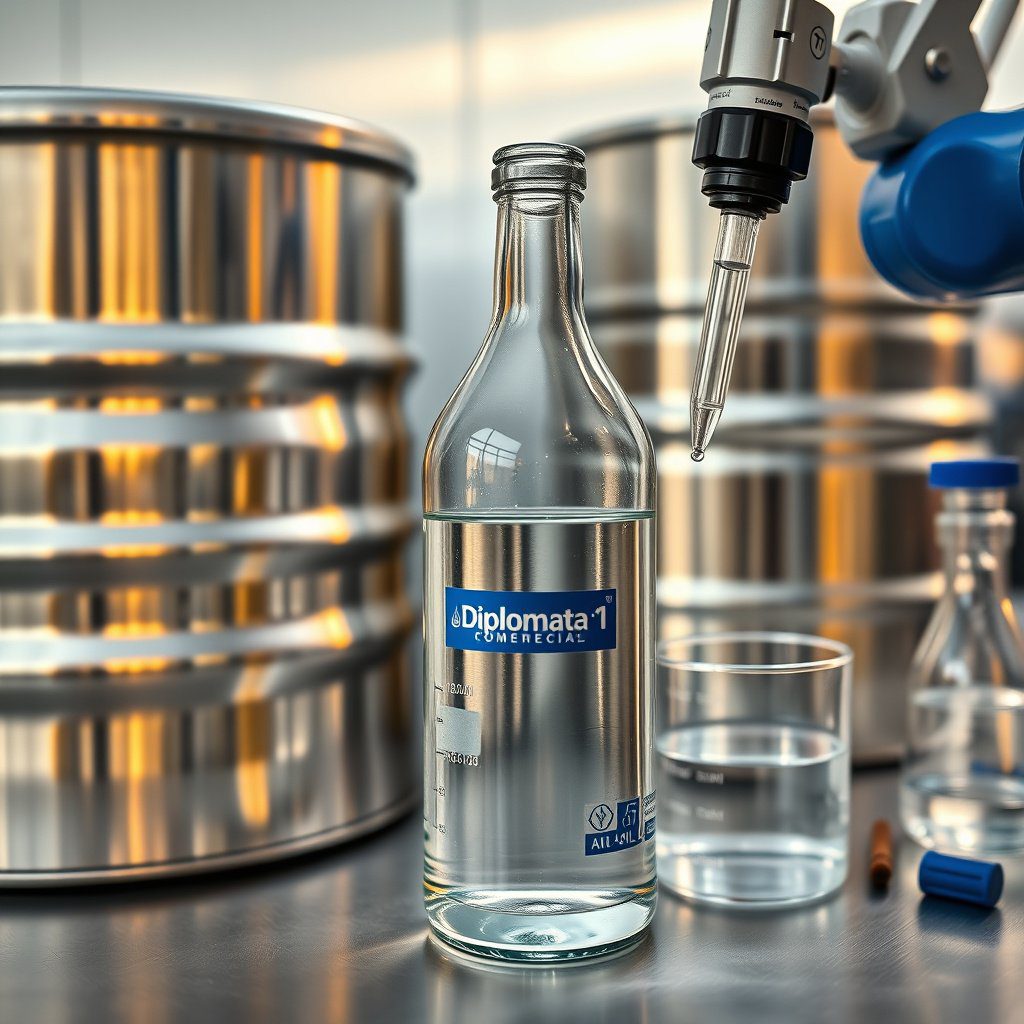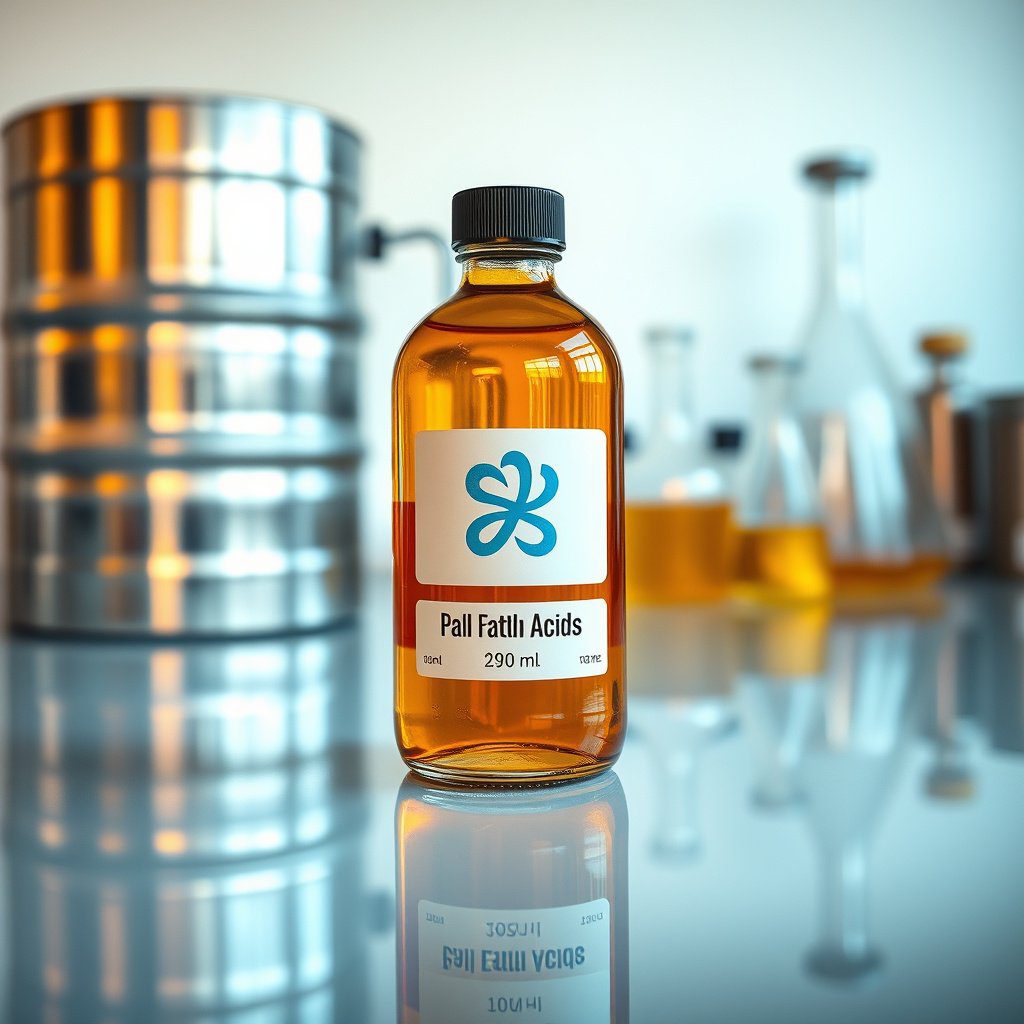Understanding Crude Glycerin Specifications
Crude glycerin, a byproduct of biodiesel production, has established itself as a valuable resource in various industries. The specifications of crude glycerin are critical for manufacturers, distributors, and end-users to ensure quality and compliance with industry standards. Key parameters include purity levels, moisture content, and the presence of impurities, all of which can influence its application in sectors such as pharmaceuticals, cosmetics, and food processing.
Purity Levels in Crude Glycerin
The purity of crude glycerin is a fundamental specification that determines its usability across different applications. Typically, crude glycerin purity ranges from 70% to 90%. Higher purity levels are often required for applications in the food and pharmaceutical industries, where stringent regulations mandate lower levels of impurities. Understanding the purity specification helps companies like Diplomata to tailor their products to meet specific market needs, ensuring customer satisfaction and compliance.
Moisture Content Considerations
Moisture content is another critical specification when evaluating crude glycerin. High moisture levels can affect the stability and shelf life of the product, making it essential to maintain moisture within acceptable limits. Ideally, crude glycerin should have a moisture content of less than 10%. Companies must implement rigorous testing methods to ensure that moisture levels adhere to industry standards, thereby enhancing the product’s reliability and effectiveness in various applications.
Impurity Profiles in Crude Glycerin
The presence of impurities such as salts, methanol, and fatty acids can significantly affect the quality and suitability of crude glycerin for specific uses. Specifications often outline acceptable limits for these impurities. For instance, the maximum allowable content of methanol is typically set at 0.2%. Understanding impurity profiles is crucial for manufacturers and suppliers, like Diplomata, who aim to provide high-quality crude glycerin to the market, ensuring that their products meet or exceed customer expectations.
Viscosity and Density Specifications
Viscosity and density are essential physical properties of crude glycerin that impact its handling and processing. The viscosity of crude glycerin can vary based on its purity and temperature, and it typically falls within a range of 1.4 to 1.6 cP at 25 °C. Density, on the other hand, is generally around 1.25 g/cm³. These specifications are vital for manufacturers and suppliers in the chemical and biofuel industries, where precise handling and processing are critical for operational efficiency.
Storage and Handling Requirements
Proper storage and handling of crude glycerin are paramount to maintain its quality and prevent contamination. Crude glycerin should be stored in a cool, dry place, away from direct sunlight and incompatible substances. Specifications may also recommend the use of specific materials for storage tanks and containers to prevent reactions that could compromise the product’s integrity. Diplomata, as a leading supplier, emphasizes adherence to these guidelines to ensure the highest quality in every shipment.
Testing and Quality Control Procedures
Rigorous testing and quality control procedures are essential to ensure that crude glycerin meets established specifications. This includes physical and chemical analyses to determine purity, moisture content, and impurity levels. Companies must adhere to industry standards such as ASTM and ISO to maintain credibility and trust within the market. Diplomata’s commitment to quality ensures that all products undergo thorough testing, positioning them as a reliable supplier in the crude glycerin market.
Regulatory Compliance and Standards
Compliance with regulatory standards is crucial for crude glycerin manufacturers and suppliers. Various organizations, including the FDA and EPA, set guidelines for the acceptable levels of certain compounds in crude glycerin. Understanding these regulations helps manufacturers like Diplomata navigate the complexities of the market and ensure that their products not only meet customer needs but also adhere to legal requirements, thereby fostering trust and reliability.
Applications of Crude Glycerin
Crude glycerin is utilized across multiple industries, reflecting its versatility and value. Common applications include its use as a solvent in pharmaceuticals, a humectant in cosmetics, and a feedstock in the production of biodiesel. Understanding the specifications of crude glycerin enables manufacturers to effectively market their products to various sectors, ensuring that Diplomata remains a top choice for crude glycerin supply and export.


